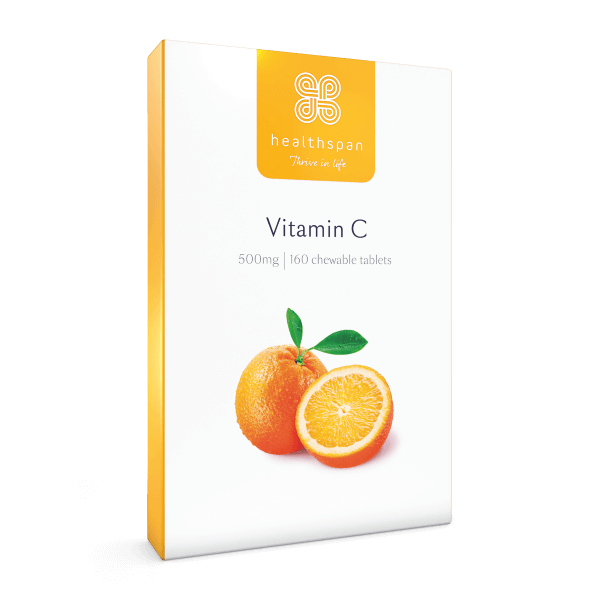High doses of vitamin C have been trialled in China and New York as a potential additional treatment for patients with severe coronavirus infections. Find out whether this can help treat the virus.
The approach taken in the US and China trials is very much experimental, and involves giving vitamin C as an intravenous infusion. Although vitamin C does have an important role to play in maintaining normal immunity, there is currently no evidence that oral vitamin C supplements have an effect against the coronavirus currently sweeping the world. It is therefore important to keep to the current recommendations for taking oral vitamin C safely.
Why might vitamin C help against viruses?
Vitamin C has an antiviral action through suppressing the activation of viral genes. Put simply, viruses cannot replicate inside human cells if high levels of vitamin C (ascorbic acid) are present. Researchers also believe the powerful antioxidant action of vitamin C mops up inflammatory chemicals produced during a viral infection, to improve symptoms and hasten healing.1
Early studies suggested that taking vitamin C might reduce the risk of catching a viral cold in vulnerable groups such as children, stressed military troops under intensive training and participants in a 90 km running race.2, 3 The severity of cold symptoms was also reduced.4 There is also evidence that vitamin C supplements decrease the risk of asthma attacks induced by respiratory infections - through vitamin C's antiviral action and by reducing airway sensitivity.5
These findings led doctors to trial high-dose vitamin C in a 54-year old woman with a persistent parvovirus B19 infection that was not responding to standard treatments.6 After receiving high-dose vitamin C in a French hospital for infectious diseases her symptoms dramatically improved within five days and, after three weeks, tests showed her active viral infection had cleared. While the timing could have been coincidental, the doctors involved believe the high doses of vitamin C were effective.
Whether or not a similar approach will help against COVID-19 remains to be seen. Results from a clinical trial at Wuhan University are not expected until September 2020 at the earliest.
Taking vitamin C safely
The EU recommended daily intake for vitamin C (known as the nutrient reference value or NRV) is 80mg per day. This is the amount that is included in many multivitamins designed for adults.
Diet should always come first, of course. Vitamin C is mainly found in fruit and vegetables, especially citrus, berries, currants, bell peppers, kiwi fruit and green leaves – an excellent reason for getting your 5 servings a day.
When it comes to vitamin C supplements, a typical dose is 500mg per day. The safe upper intake for long-term use from supplements is 1g per day. While higher doses may be taken short-term (for example when you have a cold) these can cause indigestion or have a laxative effect. This is less likely with the non-acidic form known as ester-C, or 'gentle' vitamin C.

Vitamin C 500mg
Chewable tablets with 500mg vitamin C. Vegan-friendly
- Supports immunity, bones, joints and skin
- Added citrus bioflavonoids to combat free radicals
- Free from aspartame






